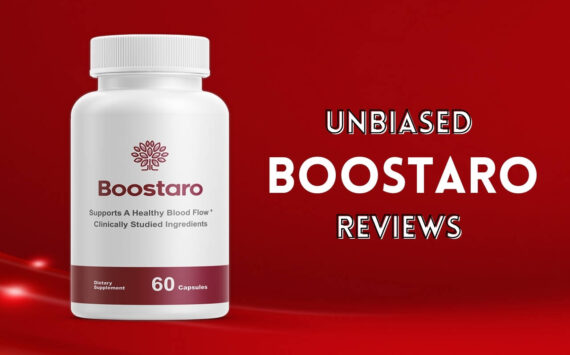The fate of Referendum 67 on Nov. 6 will depend, I suspect, on whether you have ever been involved in dealings with your insurance company over an accident, an injury, a fire or loss of some kind and if you came out of it thinking you got a square deal.
Or alternatively. you didnt.
R-67 is either going to make it possible for you to get triple your loss if the company is judged to be acting unreasonably in denying or reducing your claim, or generate higher and higher premiums on auto and homeowner insurance because of the increase in frivolous lawsuits that will be settled out of court to avoid that triple damages payoff.
Trial lawyers wanted this bill from the 2007 Legislature and found fertile territory in a Democratic House, Senate and governor. The bill was needed, said attorney Tony Otto at a debate I attended, because too many claimants have been denied by their insurers or forced to accept what their insurer offers, which is usually less than expected. Claimants think they are paying premiums for complete replacement value on homes and cars and too often the company pays 50 or 70 cents on the dollar.
Under Ref. 67, any claimant who is unreasonably denied a claim for coverage or payment of benefits by an insurer may bring an action in superior court. If the judge finds the insurer acted unreasonably, he can increase the amount of damages by three times and include payment of reasonable attorneys and witness fees.
Matt Ryan, a benefits broker representing the companies, said Ref. 67 was a club to force insurance companies to make quick, expensive settlements to avoid the possibility of treble damages, even when there is evidence of fraud.
Ref. 67 is an incentive to commit insurance fraud, he said. A similar law passed in California caused a 62 percent jump in liability lawsuits and it eventually was repealed by a 70 percent vote.
The unintended consequences of Ref. 67, he said, are that insurance rates will go up, the business and occupation tax will go up, and business will pass its higher premium payments on to customers. There is no need for it, he said, because 98 percent of the claims are settled reasonably.
Ive been in the insurance business for 47 years, said Louis Soriano in the audience.
I cant tell you how many times Ive seen a person denied coverage by the insurance companies. There are reasonable adjusters and there are adjusters who are not reasonable.
The adjuster interprets the settlement as what the insurance company wants. Matt, you said 98 percent of the claims are settled reasonably. I doubt that. There is some credibility to this thing, Nobody is for the poor common person.
If the possibility of having to pay treble damages if they act unreasonably is leverage to make companies more aware of their duty to protect the poor common person on the street, fine, said Soriano. Many people do not have money to sue the companies, he said.
Well, Im not sure now how Im going to vote. It takes a yes vote to pass Ref. 67 and a no vote to send it to the scrap heap. I find it difficult to be for something desired by the trial attorneys who are one of the main funding sources for the Democratic Party, which, naturally, supports Ref. 67.
Ive had no problems with my insurance company in four instances. My car was stolen, I hit a deer, I was rear ended and an electric plug in wall socket sent a shower of sparks that burned a hole through drapes gathered in front of it. My car and a drape panel were replaced, my Accords rear end was repaired and that was the only deer we got that year.
Adele Ferguson can be reached at P.O, Box 69, Hansville, WA 98340.
The fate of Ref. 67
The fate of Referendum 67 on Nov. 6 will depend, I suspect, on whether you have ever been involved in dealings with your insurance company over an accident, an injury, a fire or loss of some kind and if you came out of it thinking you got a square deal.








